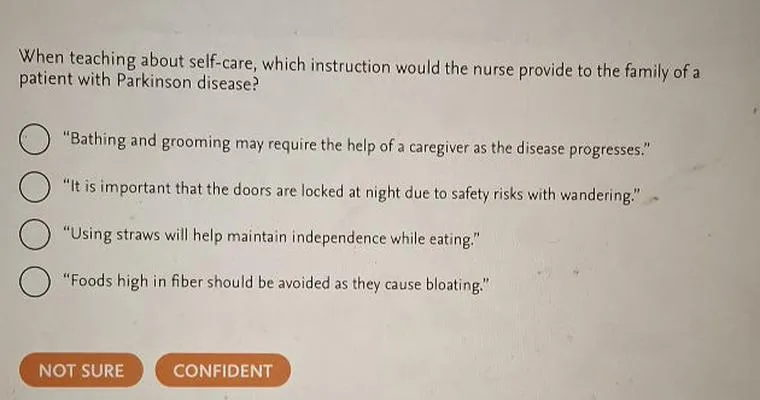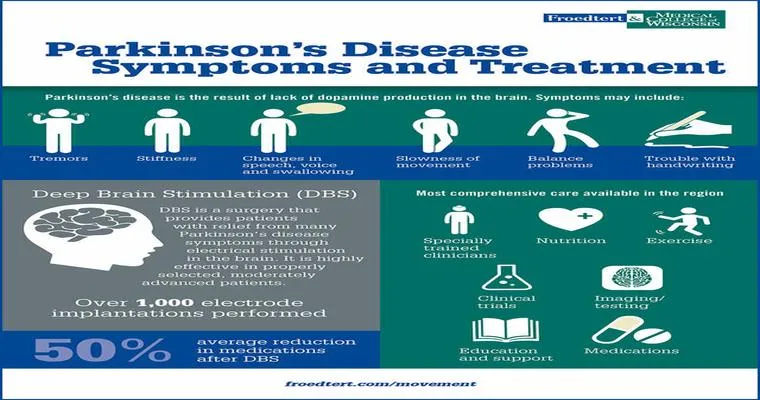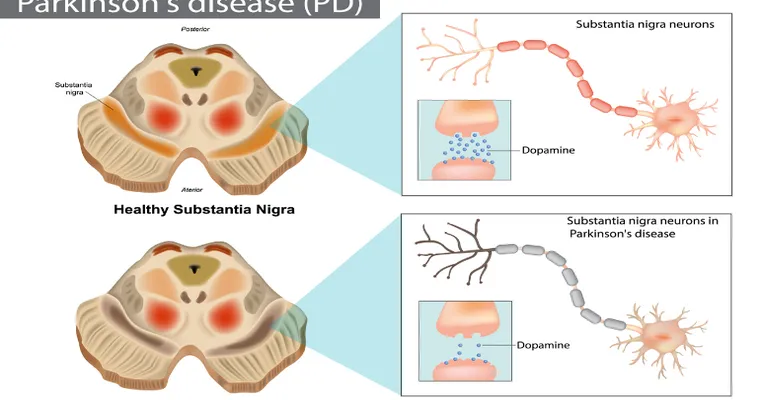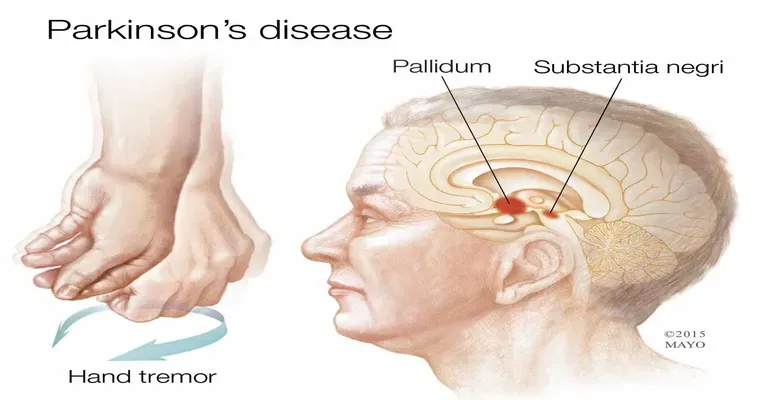Caring for someone with "Parkinson's Disease" can be both rewarding and challenging. It is crucial for caregivers to equip themselves with the right knowledge about this progressive neurological disorder. By asking the right questions, caregivers can better understand the needs of their loved ones, ensuring they provide effective support. Here are essential questions a caregiver should consider regarding "Parkinson's Disease".
What Are the Early Symptoms of Parkinson's Disease?
Understanding the early symptoms of "Parkinson's Disease" can help caregivers recognize the condition sooner. Symptoms may include tremors, stiffness, and changes in posture. By identifying these signs early, caregivers can facilitate timely medical intervention and improve the quality of life for their loved ones.
How Does Parkinson's Disease Progress?
Each person's experience with "Parkinson's Disease" is unique, and the progression can vary significantly. Caregivers should ask healthcare providers about the expected progression of the disease and potential challenges that may arise. This knowledge can prepare caregivers for future changes in their loved one's condition.
What Treatment Options Are Available?
Caregivers should inquire about the various treatment options for "Parkinson's Disease", including medications, therapies, and lifestyle adjustments. Understanding these options will enable caregivers to participate actively in their loved one's care plan and make informed decisions about their treatment.
How Can I Support Daily Activities?
As "Parkinson's Disease" progresses, individuals may find it challenging to perform daily activities. Caregivers should ask about techniques and aids that can assist with everyday tasks, such as dressing, eating, and mobility. This support can enhance independence and maintain dignity for those living with the disease.
What Should I Know About Medication Management?
Managing medications is a critical part of caring for someone with "Parkinson's Disease". Caregivers should ask about the prescribed medications, their side effects, and the importance of adherence to the medication schedule. Understanding these factors can help prevent complications and ensure effective management of symptoms.
How Can I Recognize and Manage Symptoms?
Caregivers should seek guidance on recognizing and managing various symptoms associated with "Parkinson's Disease", such as fatigue, depression, and cognitive changes. Knowing how to address these symptoms can significantly improve the overall well-being of the person they care for.
What Resources Are Available for Caregivers?
Support is essential for caregivers as they navigate the challenges of caring for someone with "Parkinson's Disease". Caregivers should ask about available resources, such as support groups, educational materials, and respite care options. These resources can provide emotional support and practical assistance.
How Can I Communicate Effectively?
Effective communication is vital in caregiving relationships. Caregivers should ask about strategies to enhance communication with their loved ones, especially as speech and cognitive abilities may change. This understanding can foster a better connection and improve the caregiving experience.
What Lifestyle Changes Can Help Manage Symptoms?
Lifestyle choices play a significant role in managing "Parkinson's Disease" symptoms. Caregivers should inquire about dietary recommendations, exercise routines, and other lifestyle modifications that can promote better health and well-being for their loved ones.
How Can I Prepare for Emergencies?
Lastly, caregivers should consider asking about emergency preparedness. Knowing how to respond in a crisis, such as a fall or sudden worsening of symptoms, can be crucial. Caregivers should discuss emergency plans and relevant contact information to ensure they are ready for any situation.
In conclusion, asking the right questions about "Parkinson's Disease" can empower caregivers with the knowledge they need to provide exceptional care. By staying informed and proactive, caregivers can significantly enhance the quality of life for those living with this challenging condition.





